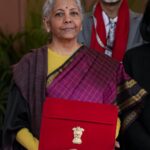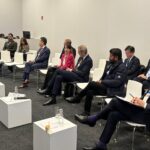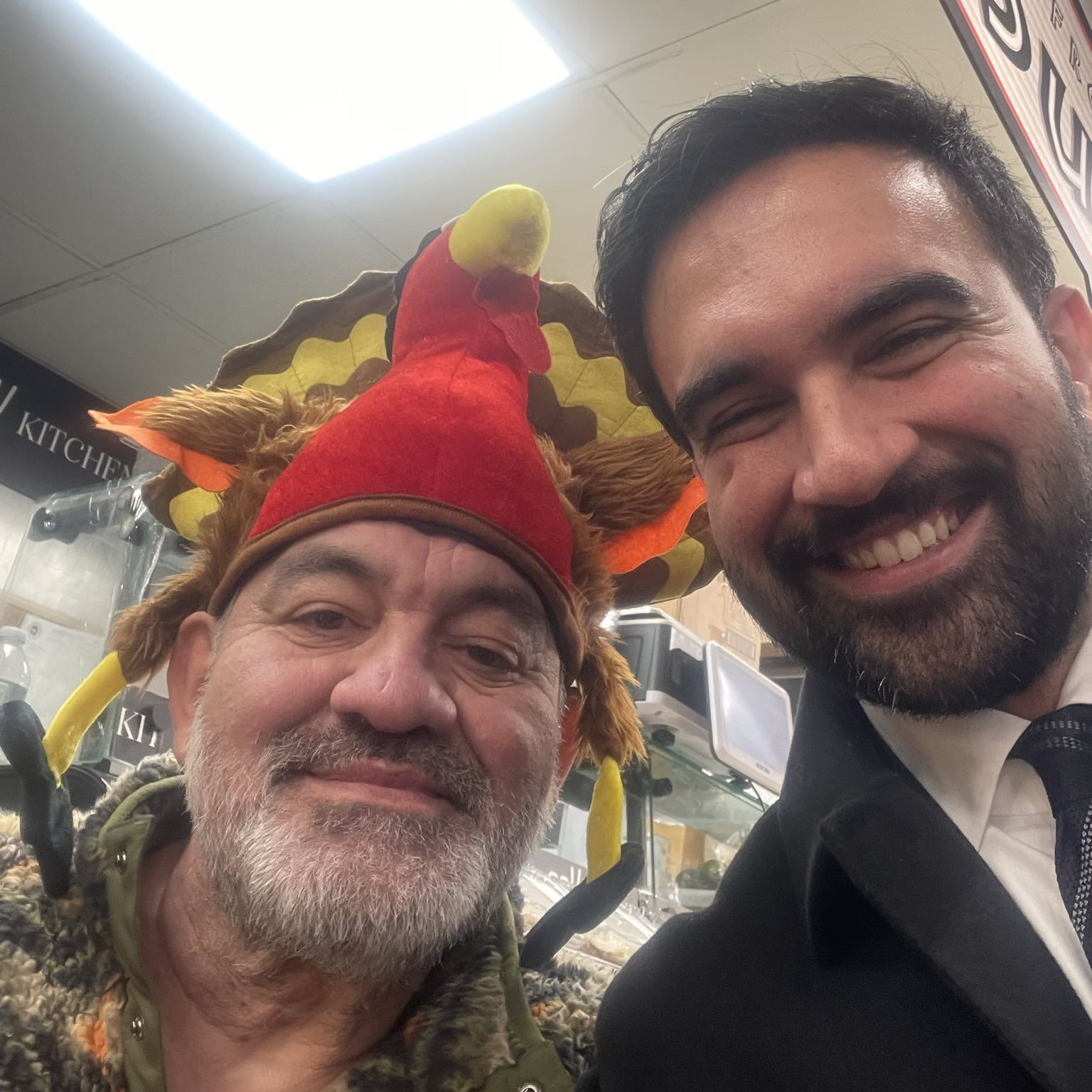Lawrence Freedman, emeritus professor of war studies at King’s College London, has an acerbic description of the statecraft of US President Donald Trump: “Never assume you know what Donald Trump is going to do or say next because it is unlikely he does. Take seriously what he says at any time because that probably accurately reflects what he is thinking, but some of his thoughts can be very transitory and are soon replaced by others. If you don’t like the positions being held on one day, push back because he might be convinced to hold a different position the next. Equally, when satisfied with today’s position, do not assume it will last.”
Unsurprisingly, the representatives of Europe’s ruling elite who headed to the White House to meet with Trump on Monday counted that there was scope to push back the consensus reached at the Alaska meeting between Trump and his Russian counterpart Vladimir Putin on August 15 to the effect that achieving “a comprehensive, just, and sustainable resolution to the conflict surrounding Ukraine—including the eradication of its root causes” should be the priority, rather than an immediate ceasefire to end the war.
The European allies are alarmed that Trump dropped the idea of imposing crippling sanctions on Russia. But they feel excited that on the contentious issue of security guarantee for Ukraine, Trump extracted a “horosho” (okay) from Putin, which could open a pathway for inserting themselves into the Ukraine settlement process. The play here is to lock Trump into Europe and an anti-Russian Ukraine. Trump seemed to acquiesce when he told Fox News that American forces could assist Ukraine’s allies in deterring future Russian attacks.
It will be extremely difficult for the present-day European leaders, whose rhetoric even today is replete with animus against Putin and Russia, to resume contacts directly with Putin. But on the other hand, the Europeans anyway have nothing concrete to propose constructively, either—apart from beating the dead horse of a ceasefire and piling even more sanctions on Russia and repeating the idea of a Western force to give security guarantee in a post-ceasefire politico-military scenario in Ukraine. In the final analysis, the Europeans’ efforts narrow down to loosening the newfound bonding between Trump and Putin, which could make the Alaska matrix fluid and inchoate.
How far these efforts will succeed time only can tell. But the interplay of these contradictions through the week since the Alaska meeting has made the overall “constructive and mutually respectful atmosphere” at Anchorage—to quote Putin—and his “friendly and trust-based conversation” with Trump less alluring and seemingly fragile.
And then, there are the moving parts. Principally, the Russian offensive is sharply accelerating as it made it a point to launch the largest strike this month on Ukraine after Trump hosted Volodymyr Zelenskyy, and EU and UK leaders for talks. This is no small matter, since major sticking points of the peace talks are said to be potential land swaps and security guarantees for Ukraine.
In the run-up to the Alaska meeting, Trump had threatened Russia with “severe consequences” if it did not accept a ceasefire, but afterwards, he summarily dropped that demand and said it was best to focus on a comprehensive peace deal, as Putin had pushed for. Again, Zelenskyy’s European partners are not only supportive of a strong Ukrainian army that is provided with weapons and training by Western partners, but also are offering Ukraine a guarantee resembling Nato’s collective defence mandate, Article 5, which stipulates that an attack on one member of the alliance is considered an attack on all.
Over and above, the European allies are looking to set up a force that could backstop any peace agreement in Ukraine. A ‘Coalition of the Willing’—30 countries, including European nations, Japan and Australia—has signed up to support the initiative, although the role the US might play in such a force is still to be determined. Russia has consistently said it will not accept any Western troop presence in Ukraine, and repeated that stance on Monday.
Financial Times reported on Tuesday that Trump has said a postwar security guarantee for Ukraine could involve US air support, as he warned Putin he would face a “rough situation” if he did not cooperate on a peace deal. Trump had told Fox News that American forces could assist Ukraine’s allies in deterring future Russian attacks. “When it comes to security, [Europeans are] willing to put people on the ground,” Trump said. “We’re willing to help them with things, especially, probably talk about by air, because there’s nobody [who has the] kind of stuff we have… But I don’t think it’s going to be a problem.” FT noted that Trump’s remarks were more specific than the comments he made the previous day, when he said “European nations are going to take a lot of the burden” of securing Ukraine, adding: “We’re going to help them.”
At Monday’s meeting, according to Spectator, “Trump repeatedly made it clear that it was he and Putin who were the main deciders of the peace process, Europe’s leaders the subordinates. He told his European visitors that he had spoken to Putin just before their meeting and would be calling him again right after. Trump was in his element as he acted as master of ceremonies, treating the European leaders like a CEO consulting his board members before top-level negotiations with a rival company.”
Trump actually interrupted his meeting Monday with the Europeans to call Putin for a 40-minute phone conversation. Trump later said the US was setting up a bilateral meeting between Putin and Zelenskyy to discuss ending the conflict. According to a Kremlin statement, the two leaders discussed “the prospect of exploring opportunities for drawing higher-ranking officials from both Ukraine and Russia into these direct talks”. Trump has since disclosed he was designating Vice President J D Vance, Secretary of State Marco Rubio and Special Envoy Steve Witkoff to “coordinate” with Moscow and Kyiv.
Make no mistake, Trump has brought in his trusted and most brainy negotiators to follow through. Professor Freedman, who proffered that pivoting around Trump could be hazardous, didn’t know this “unknown unknown” side of Trump’s statecraft.
M K Bhadrakumar | Former diplomat











